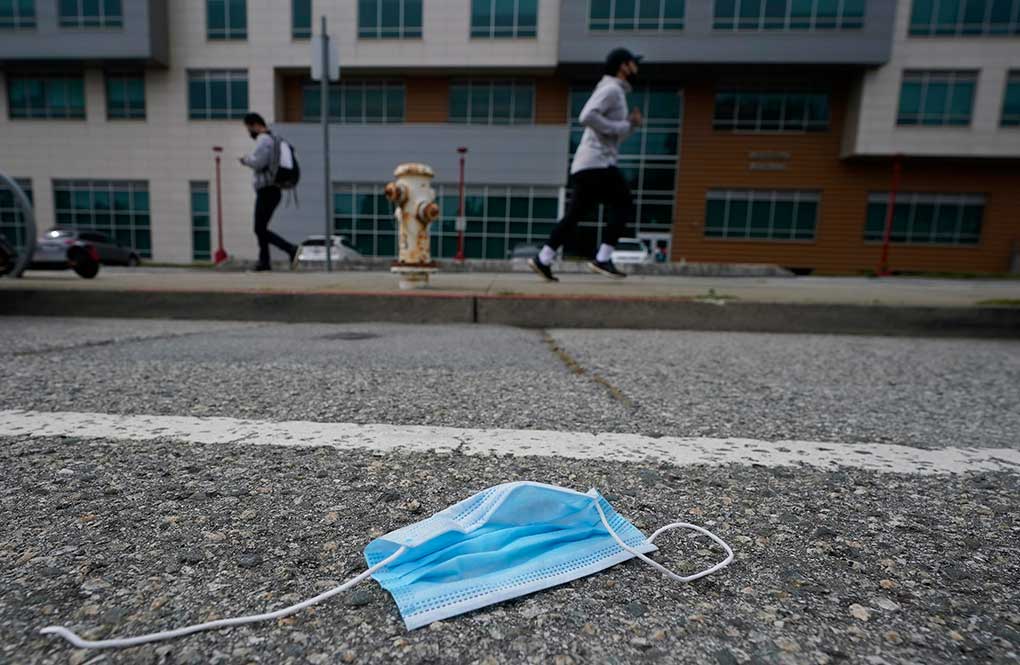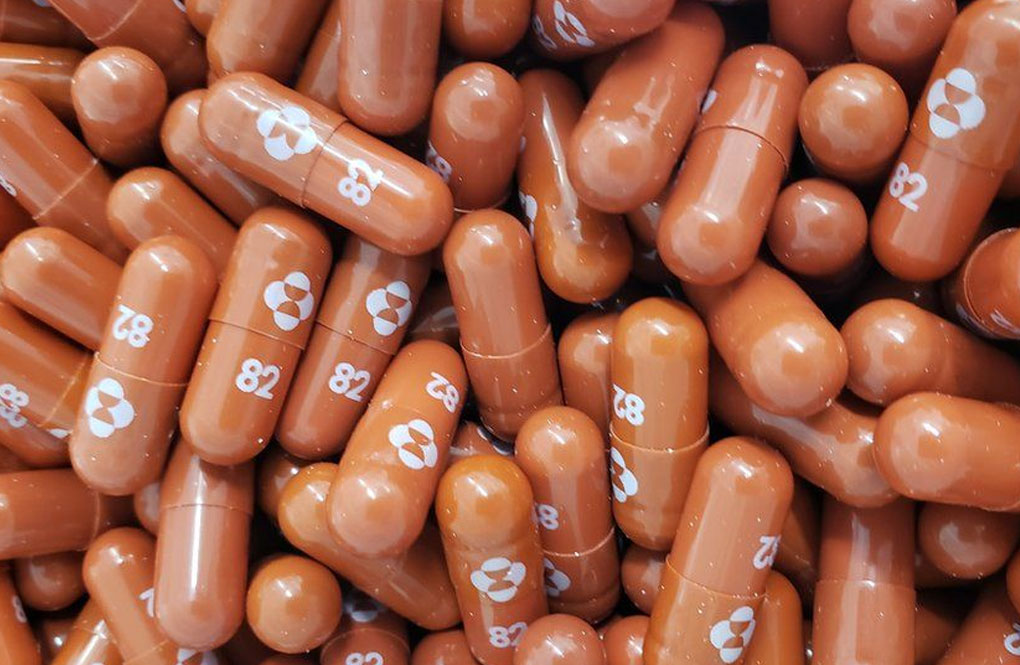Australia’s two most-populous states will ease many of their COVID-19 restrictions from Friday, as case numbers from the Omicron variant continue to flatline.
From Friday, NSW residents will be able sing and dance at venues, while density limits have been scrapped.
Those in NSW won’t have to use QR codes to check in to a venue, except for nightclubs or music festivals with more than 1000 people.
Similar easing of restrictions will take in place in Victoria on Friday, while QR codes will still be required at pubs, bars and entertainment venues,
International traveller permits have also been scrapped in Victoria, while quarantine for unvaccinated travellers has been halved to seven days.
Mandates requiring key industries to carry out surveillance testing will be replaced with a recommendation.
The moves come after Victorian Premier Daniel Andrews said the Omicron peak had passed, with the state able to move “back to normal”.
Epidemiologist Tony Blakely from the University of Melbourne said the easing of restrictions was a significant step forward.
“We are getting back to normality. It’s like a tabletop mountain, we’ve gone up the curve, we’re coming down, and as we come down, that’s the time you release these restrictions,” he told the Seven Network.
“There will be some little bumps on the way into winter with extra infection happening amongst those people who weren’t infected in the first wave, and also some of us whose vaccine immunity wanes.”
Professor Blakely said the current virus situation was also a good time for mask rules to be relaxed in the right circumstances.
“Taking (masks) off will be welcome in both NSW and Victoria, but there are settings where it’s high risk, particularly public transport ,” he said.
“We may well just have to get used to wearing masks on public transport for at least another year.”
It comes as the Royal Australasian College of Physicians calls for the health and wellbeing of children to be one the leading priorities for the COVID-19 recovery.
The college has urged for a national task force to address the issues children and young people have experienced during the pandemic, as well as the appointment of a national chief paediatrician.
A 2021 study found 60 per cent of caregivers reported their child’s overall health and wellbeing had been impacted by pandemic restrictions,.
The college’s president-elect and paediatrician Jacqueline Small said some of the impacts of the pandemic on young people were yet to be realised.
“Because of the pandemic’s more serious impact for adults, we’ve seen the health and wellbeing of children take a back seat, it’s time to put children first,” Dr Small said.
“There is an urgent need for a national recovery plan to help the nation’s children catch up from the setbacks of the COVID-19 pandemic.”
Nationally, 65 deaths were reported on Thursday including 39 in Queensland, 14 in NSW, nine in Victoria, two in South Australia and one in the ACT.
Queensland’s figures included 27 historic cases with some dating back as far as mid-January.
In total, 28,052 COVID-19 cases were reported across the country, with 9995 in NSW, 8501 in Victoria, 5665 in Queensland, 1440 in SA, 537 in ACT, 680 in Tasmania, 1045 in the Northern Territory and 189 in Western Australia.
(AAP)













